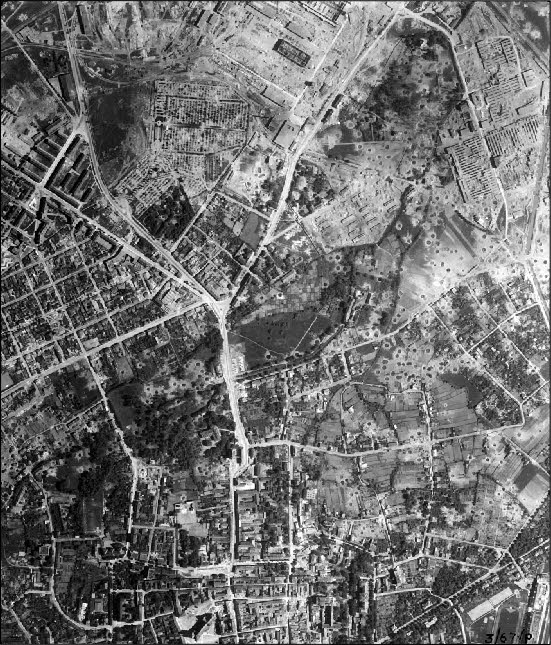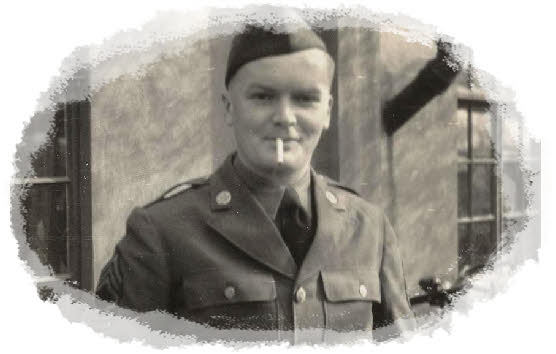

All Missions Flown By: Robert M. Smith Of The 44th Bomb Group 68 Squadron
Missions Flown: 20
Mission Date Mission No Aircraft No City Country Target
2/26/1943 14 41-23816 Wilhelmshaven Germany Port & Docks
5/1/1943 28 41-24009 Diversionary Mission France Diversion
5/4/1943 29 41-24009 Diversionary Mission Holland Diversion
5/14/1943 30 41-24009 Kiel Germany Krupp Submarine Works
7/2/1943 33 42-40071 Lecce Italy Airdrome
7/5/1943 34 42-40071 Messina Sicily Marshalling Yards
7/6/1943 35 42-40071 Gerebina Sicily Air Drome
7/10/1943 37 42-40071 Catania Sicily Marshalling Yards
7/12/1943 38 42-40071 Reggio Di Calabria Italy Marshalling Yards
7/13/1943 39 42-40071 Crotone Sicily Air Drome
7/15/1943 40 42-40071 Foggia Italy Air Drome
7/17/1943 41 42-40071 Naples Italy Marshalling Yards
7/19/1943 42 42-40071 Rome Italy Littorio Marshalling Yards
8/1/1943 43 42-40071 Ploesti Romania Oil Facilities
8/13/1943 44 42-40071 Wiener-Neustadt Austria Aircraft Factory
9/9/1943 49 41-24232 Abbeville/Drucat France Air Drome
9/15/1943 50 42-40071 Chartres France Air Drome
9/21/1943 51 42-40071 Leghorn Italy Tactical
9/24/1943 52 42-40071 Pisa Italy Marshalling Yards
10/1/1943 56
Robert M. Smith
Of the 44th Bomb Group 68 Squadron
Rank: Staff Sergeant
Duties: Waist Gunner
Status: Killed in Action
Mission Information
Mission : 56
Mission Date: 10/1/1943
Mission City: Wiener-Neustadt
Country: Austria
Target: Aircraft Factory
Mission Comments:
UMS 10/1/43 The 44th BG dispatched 26 B-24s with 1 abortive. Take-off was at 0700 hours, flying into 10/10th cumulus from the Adriatic to the target where a small hole was found, but not large enough to permit an adequate bomb run. Bombing results were poor due to these weather conditions and to intense, accurate flak over the target. Persistent fighter attacks were encountered from the I.P. until about five minutes past the target causing the loss of eight aircraft. One A/C left the formation on the way out headed for Yugoslavia, cause unknown. One A/C was destroyed in crash-landing at Foggia.
There were between 55 to 75 encounters with Me 109s and 20 to 25 encounters with FW 190s. Of these, 50 were destroyed, 3 probables and 6 damaged. In view of pressure of time, it was necessary to fly this mission in weather that was very unfavorable. Under these conditions, the results were creditable. Strike photographs taken during the bombing show that the target areas were well covered by bursts, many being seen in the Fluzeng- werke, the Henschel Works and the northern part of the Storyr Daimler Works. Considerable other detail of hits also is shown. Flak was slight, aimed, accurate heavy flak at Viterbo & Frosinone, Gray and north of the Volturno River. In the target area, intense accurate, aimed and barrage type heavy flak.
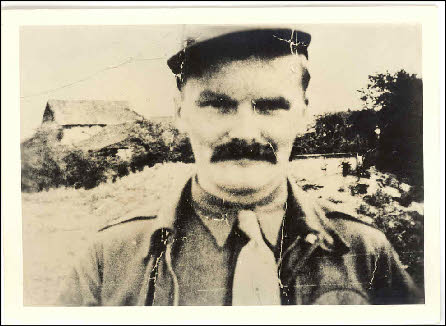
ID: 13027651
Entered the Service From: Pennsylvania
Rank: Master Sergeant
Service: U.S. Army Air Forces, 68th Bomber Squadron, 44th Bomber Group, Heavy
Died: Friday, October 01, 1943
Buried at: Ardennes American Cemetery
Location: Neupre
(Neuville-en-Condroz), Belgium
Plot: B Row: 44 Grave: 53
Awards: Distinguished Flying Cross, Air Medal with 2 Oak Leaf Clusters, Purple Heart
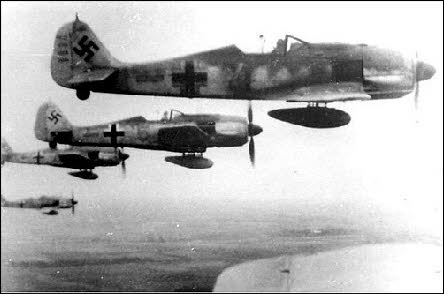
The following is the text of the News Handout, II Combat Wing, covering the activities of the Wing on 1 October 1943:
WIENER NEUSTADT - USAAF B-24 Liberators led by Brig. Gen. James P. Hodge of Tampa, Fl., yesterday flew into Germany for the first time from this theater to attack the important Messerschmitt factory at Wiener Neustadt, 27 miles south of Vienna. The B-24 force was largely from the Eighth AF, operating under control of the Northwest African Air Forces. The Liberators braved intense anti-aircraft fire and heavy formations of German fighters, but they bombed the factory in spite of bad cloud conditions over the target. They pushed through bad weather all the way after reaching the continent. Accurate observations of some of the bombing was prevented by cloud cover, but part of the big formation definitely saw its explosives falling directly on the cluster of factory buildings. The fighters made aggressive and persistent attacks for one-half hour after leaving the target, and Liberator gunners shot down at least 20 of them. The Wiener Neustadt plant ranks in importance with the big factories at Regensburg and Leipzig. It is one of the principal production centers for the Luftwaffe. It produces a substantial precentage of German pursuit planes. It was attacked by USAAF B-24 Liberators on 13 August, but yesterday's raid was the biggest yet. Directly in the target area are two airfields where the factory production funnels for distribution to the Luftwaffe. Following are comments of some of the crew members on this Wiener Neustadt raid: 2nd Lt. John R. Jordan, 353 McLean St. Wilkes-Barre, PA. said, "There was a sea of flak and clouds of fighters, but they didn't stop us from hitting our target." 1st Lt. Robert J. Lehnhausen, 515 East Armstrong St., Peoria, Ill., said, "The way the enemy put up a defense indicates the target was a prize - but we got it." 1st Lt. David W. Alexander, Hot Springs, VA.: "A rough fight, but we hit our target and got a flock of Jerries to boot." 1st Lt. Allen G.E. Bargmann, 1105 Brown St., Davonport, IA.: "The flak and fighters were the best I've seen, but we got through and hit our objectives."
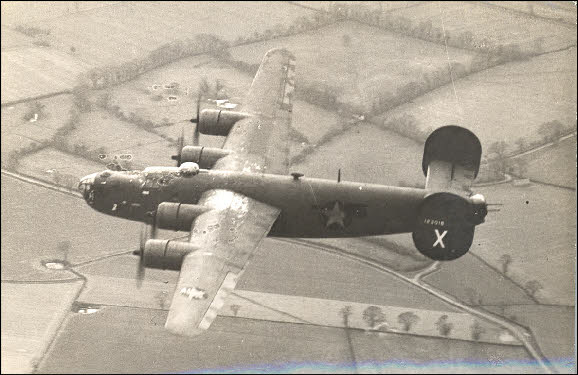
1st Lt. Robert Fisher 137 1/2 Fontanax St., Downey, CA., "We not only knocked down the fighters but we knocked down the plant that built them." S/Sgt. R.P. Reeves of 3606 Harrison St., Amarillo, TX.: "Our ship, calaban, (67th's) bucked flak and fighters and returned home safely." Lt. Col. James T. Posey of Henderson, KY., commander of one of the B-24 Groups (44th) said, "It was the worst flak I've seen, and the fighters were eager, but the mission was carried out." S/sgt. L.N. Bresnahar of Lafayette, Ind., said, "Our bomb bursts seemed centered in a group of factory buildings, which were covered by smoke and flames. However, the anti-aircraft was so intense that I didn't have a lot of time to keep looking." S/Sgt. C.N. Miller of Hempstead, MD., said, "We flew almost the entire route with heavy clouds. Luckily, in the target area, a hole opened up enough for us to bomb. I saw 20 bursts in the factory buildings." Lt. James L. Tollison of Amarillo, TX. said. "It was a tough mission. Clouds made it exceedingly difficult and there was lots of flak, some of it very accurate. No fighters attacked us, but the Group behind (44th) were attacked with considerable force.
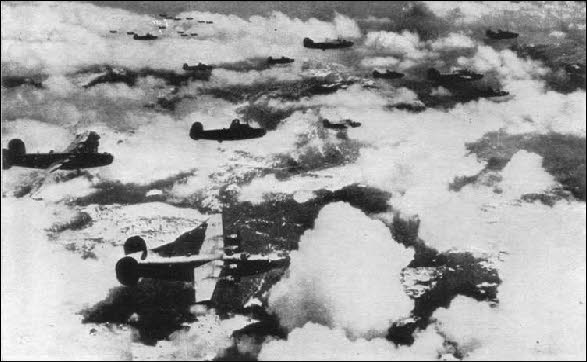
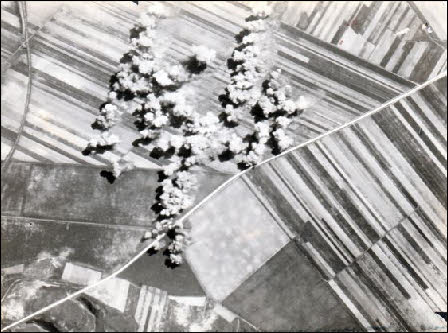
" OFFICIAL AIR COMMUNIQUE From Chief Air Censor, NATOUSA (To be released at 1130 hrs, 2 Oct. 1943, at press HQ NATOUSA) Oct 2, 1943 - Yesterday heavy bombers of the NAAF, augmented by heavy bombers of the 8th AF, attacked an aircraft factory in Austria and military objectives in southern Germany.
During yesterday's operations, eight enemy aircraft were destroyed; 12 of our aircraft are missing. /s/ Max G. Marple Total losses: 44th BG - 8 - 7 by flak, 1 accident 93rd BG - 1 - Very few attacks on 93rd 389th BG - 1 or the 389th Total Damaged 44th BG - 4 Cat. "B" & 13 Cat. "AC" 44th BG Stats only: E/A Encountered - 20-25 FW 190s, 55-75 Me 109 E/A Destroyed - 43 Me 109s and 7 FW 190S E/A Probables - 3 Me 109s E/A Damaged - 6 Me 109s Crew Members MIA - 69 Seriously Wounded - 2 Slightly Wounded - 6 A/C Dispatched - 26 A/C Abortive - 1 A/C Bombing - 25 Bombs Dropped 50.5 tons
Due to the fact that interrogation of the 44th Group was conducted at many fields on different procedures, it has been impossible to reconstruct all of these encounteres, However, as best as possible, these encounters-have been summarized above. It should be noted too, that some enemy aircraft remained out of range, firing rockets accurately into the formation, and a number were observed with 37 mm cannon, one under each wing. Silver discs (indendiaries) were also reported as used against us. Abortives: A/C #42-40370 returned after 3 hours with #3 engine feathered. It had caught fire three times. Investigation revealed that a large quantity of oil had been used. Cause attributed to worn out condition of engine. This was Whitlock's "Heaven Can Wait", a 506th Squadron's ship.
